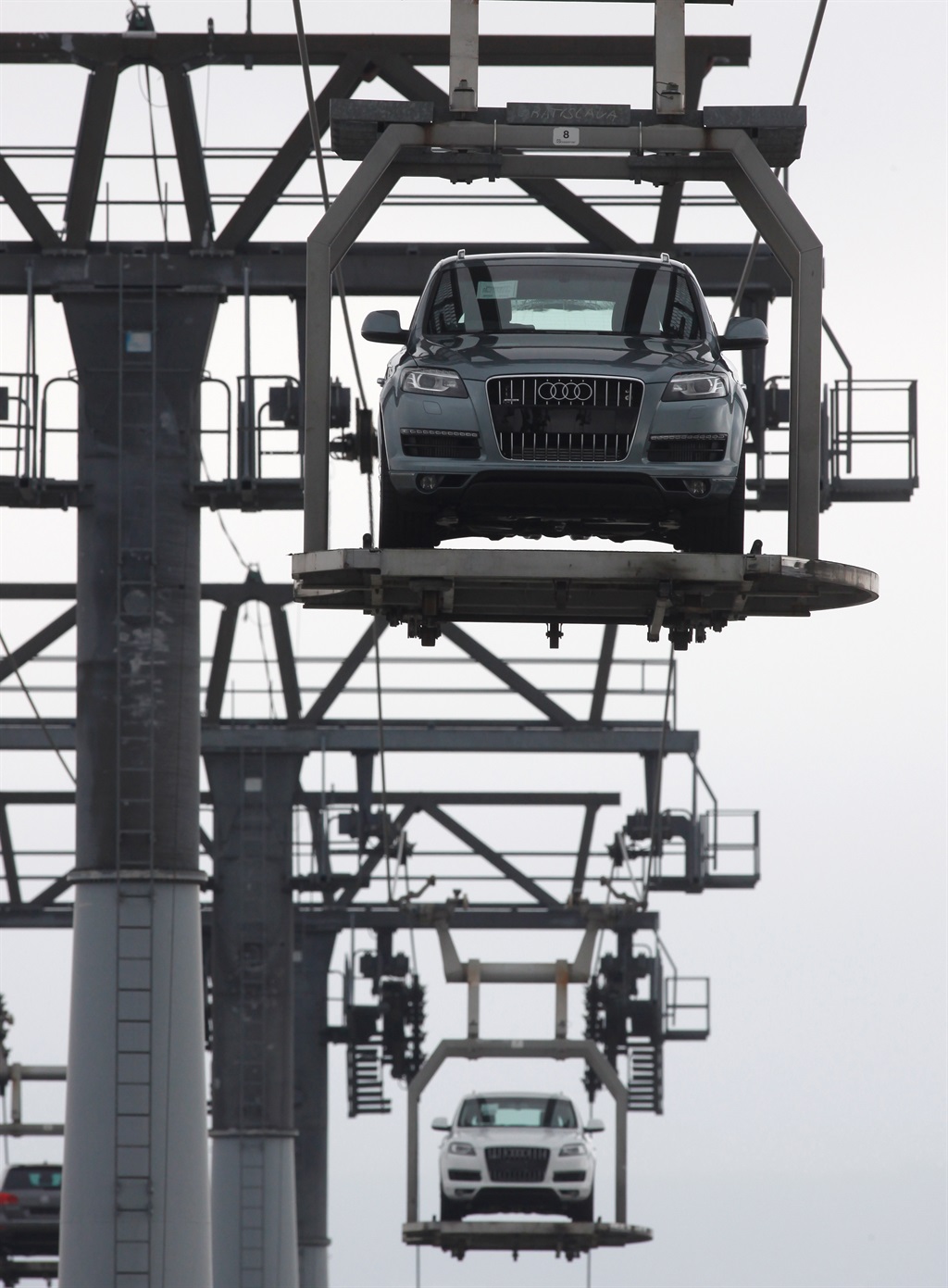
The South African vehicle manufacturing industry can by 2020 increase its contribution to the gross domestic product by 8.5% if it can produce 900 000 units.
Last year the industry’s total local production was about 600 000, said Nico Vermeulen, director of the national association of automobile manufacturers of South Africa. Currently, vehicle and component manufacturing constitute about 30% of South Africa’s overall manufacturing output.
This week, the association released research that had been conducted by Econometrix, which showed that the automotive industry had contributed 7.2% (or R256.7 billion) to GDP in 2015. Manufacturing contributed 4.4% of that and the rest came from the retail industry.
According to Rob Jeffery of Econometrix, the end of the industry will mean a loss of R84.5 billion in compensation to employees and will lead to 544 453 direct job losses.
In a broader sense, about 900 000 people are employed in the automotive industry in South Africa. Of those, only about 18% are highly educated workers, 52% are educated and 30% are semi-educated or uneducated workers.
That means that about 4 million people are dependent on the automotive industry, Econometrix found.
The vehicle industry delivers a massive economic contribution in Gauteng, the Eastern Cape and KwaZulu-Natal because of the big factories located in the provinces, said Jeffrey.
In 2014, the industry comprised more than 12% of the country’s total export of trade products. This compared with gold, which in 2014 comprised 6.7% of total exports.
Between 2013 and 2015, the country’s seven original equipment manufacturers – which includes companies like Volkswagen, Mercedes, Nissan and Ford – spent R1.5 billion on socioeconomic projects including skills development, healthcare and small business development and education.
Thomas Schaefer, managing director of Volkswagen South Africa, who is also responsible for Volkswagen operations in sub-Saharan Africa, said the government’s automotive incentive scheme, is critical for the future of the local industry.
Without these incentives South Africa can forget about attracting big international investments, because countries such as Turkey, Poland and other European countries also offer very attractive investment measure for investors.
In many cases, they are much better than what South Africa offers, said Schaefer.
Mike Whitfield, president of the national association of automobile manufacturers, said the industry did not doubt government’s commitment to the country’s vehicle industry, even though the automotive production and development plan ended in 2020.
A plan for what comes afterwards is at an advanced stage and will hopefully be finalised by the end of the year.
“We’re dreaming if we think we’re the only country in the world where the automotive industry gets help from government.
"Vehicle manufacture is critical in any economy and all over the world these industries are subsidised in one way or another. In many cases, more so than in South Africa,” said Whitfield.
Renai Moothilal, chief executive of the National Association of Automotive Components and Allied Manufacturers, said localisation was incredibly important.
For every original equipment manufacturers-project that is supported by the Automotive Incentive Scheme, there are about 12 component projects that benefit.
“That shows how important investments by original equipment manufacturers are for the country.”
He said that as part of the master plan for the industry after 2020 to help push vehicle manufacture in South Africa up to 1% of worldwide production, determinations about local components in vehicles are equally important.
South Africa’s contribution to worldwide vehicle manufacture is currently about 0.6%.
Local component use in locally produced vehicles is currently under 40%, but if it were to rise to 60% it would make parts and accessories manufacturers more competitive, said Moothilal.
Schaefer said that if South Africa could manufacture 1.5 million units per year, the industry ought to be self-sustaining. In Thailand, production of 1.5 million to 2 million units a year has ensure a self-sustaining industry.
According to him, South African manufacturers need a yearly increase of between 5% and 10% in production to make up for the high wage hikes (close to 10%).
If not, the industry will become totally uncompetitive in the next five years.




 Publications
Publications
 Partners
Partners








